| |  | | | 'Iran War Monitor' Launches; Why the U.S. Should Help Israel Take Out Iran's Nuclear Program; A 'Dirty Bomb'? By Winfield Myers ● Jun 16, 2025 Smart Brevity® count: 6 mins...1593 words This issue of the Dispatch marks the beginning of our daily coverage of Israel's war with Iran. Our aim is to bring you the best analyses available on this fluid and dangerous situation. We are also launching "Iran War Monitor," a continuously updated website dedicated to explaining the war as it unfolds. Below we feature articles by Eric Navarro, Jonathan Spyer, Michael Rubin, Shay Khatiri, and others on Israel's war aims, the U.S.'s next moves, and Iran's weaknesses—and dangers. We hope you enjoy this special issue. | | MEF Launches 'Iran War Monitor,' a Comprehensive Assessment of Israel's 'Operation Rising Lion' A new website, MEF's Iran War Monitor, is a continuously updated comprehensive assessment of Israel's "Operation Rising Lion," the massive military campaign it launched against Iran on June 13, 2025. The operation targeted Iran's nuclear facilities, military leadership, and strategic infrastructure in what represents the most significant direct attack on Iranian soil since the Iran-Iraq War. The site analyzes the battle damage across multiple sectors, the decapitation of Iran's military leadership, impacts on nuclear facilities, and the resulting societal fractures within Iran, providing a detailed picture of this watershed moment in Middle Eastern geopolitics. To visit the site, click here. | | The U.S. Must Help Topple the Iranian Regime 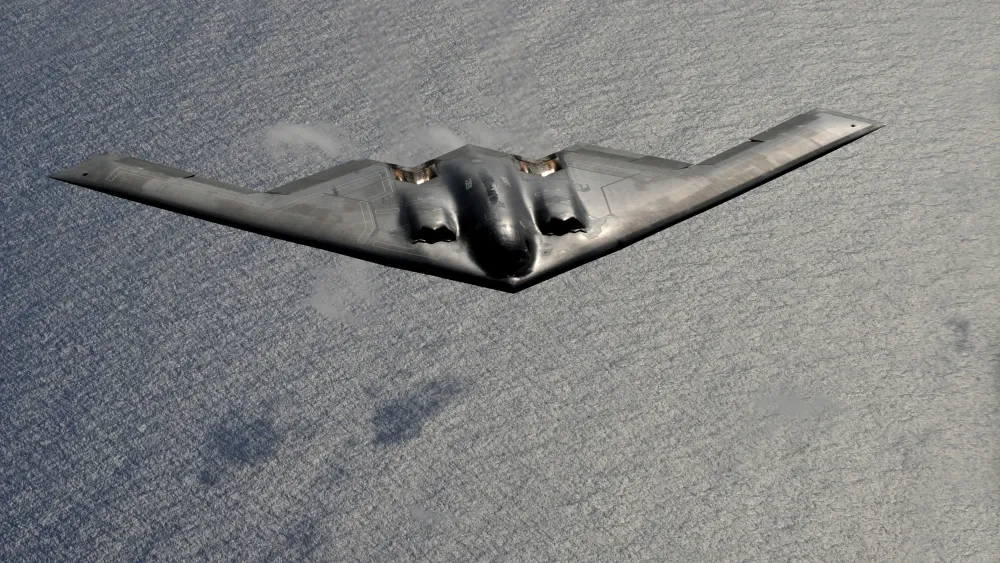 By: Eric Navarro Israel's relentless air campaign has shattered the myth of Iran's invincibility, striking at the core of its power structure. The regime is now visibly weakened, struggling to maintain its grip. Why it matters: The strikes have demolished vital nuclear sites and crippled the IRGC, laying bare Iran's strategic weaknesses. The big picture: Israel's aggressive tactics, not diplomatic niceties, have left Tehran's defenses decimated and its leadership in chaos. What's next: President Trump must act decisively, authorizing U.S. intervention to collapse a regime that endangers both regional and global peace. To read the full article, click here. | | Iran's Nuclear Program Should Be Destroyed. America Should Help 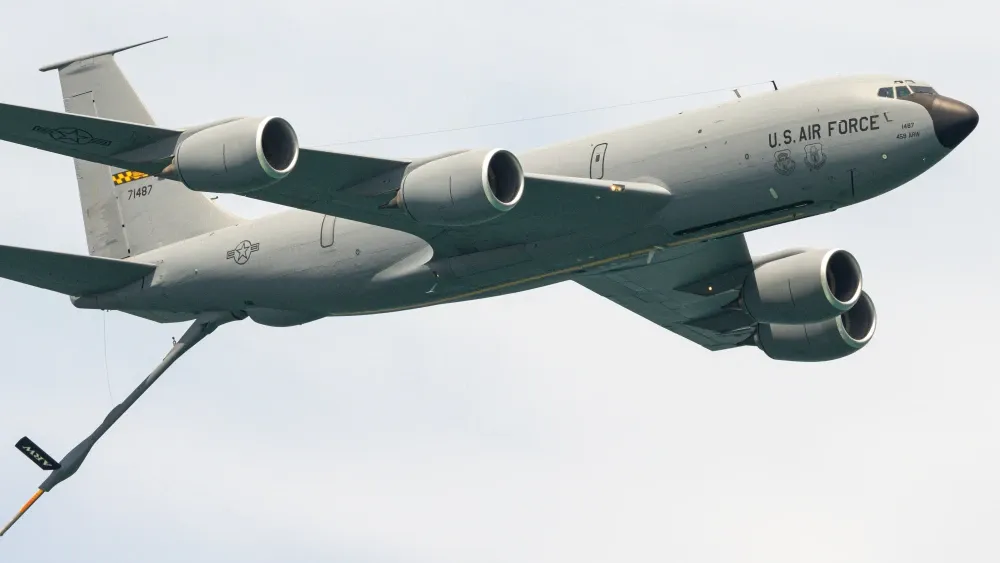 By Michael Rubin On June 13, 2025, Israel launched a powerful assault on Iran's nuclear program after diplomacy failed, exposing Iran's weaknesses. Netanyahu's decisive action followed Iran's rejection of an external uranium supply proposal. Why it matters: Israel's strategic strikes have left Iran vulnerable, and U.S. support is critical to finish the job and crush Iran's nuclear ambitions. The big picture: U.S. hesitation due to fears of retaliation must be overcome. A nuclear-armed Iran is a far greater threat, and supporting Israel is essential to deter adversaries and stabilize the region. What's next: The U.S. must retaliate with overwhelming force if Iran targets Americans, reinforcing its global leadership and security commitments. To read the full article, click here. | | Iran Is Too Weak to Wage a Ground War Against Israel 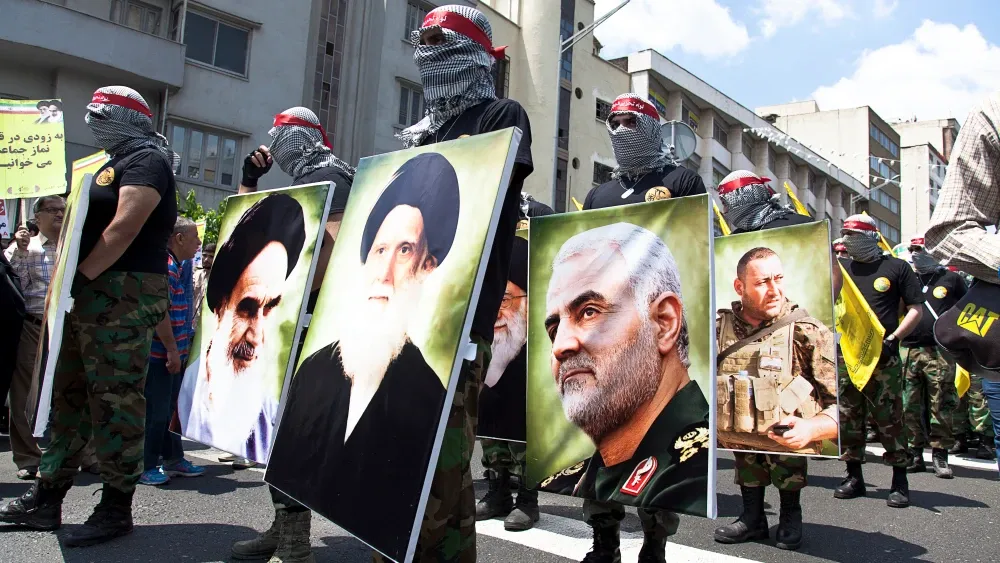 By: Jonathan Spyer As Israel continues its surgical strikes on Iran's nuclear facilities, the absence of ground warfare reveals the shifting dynamics in Israel's favor. The Iran-led alliance, once a dominant force, now lies decimated due to strategic Israeli actions. Why it matters: On 6 October, the Iran-led regional alliance stood as the most powerful strategic axis in the Middle East, pursuing clear goals via proven modes of action. -
As a result of an ill-fated decision by one of its most minor members (Hamas) to launch a war it could not win, the regional components of this alliance were neutralized. -
This reversal underscores a significant geopolitical shift in the Middle East. The big picture: Iran's ambitions have been systematically thwarted. Hamas and Hezbollah, once potent forces, are now fragmented and ineffective. What's next: The focus remains on crippling Iran's nuclear program and governance capabilities. The goal is either a weakened regime or liberation of the Iranian people from oppressive rule. To read the full article, click here. | | Will Israel Kill Iran's Supreme Leader Ayatollah Ali Khamenei? 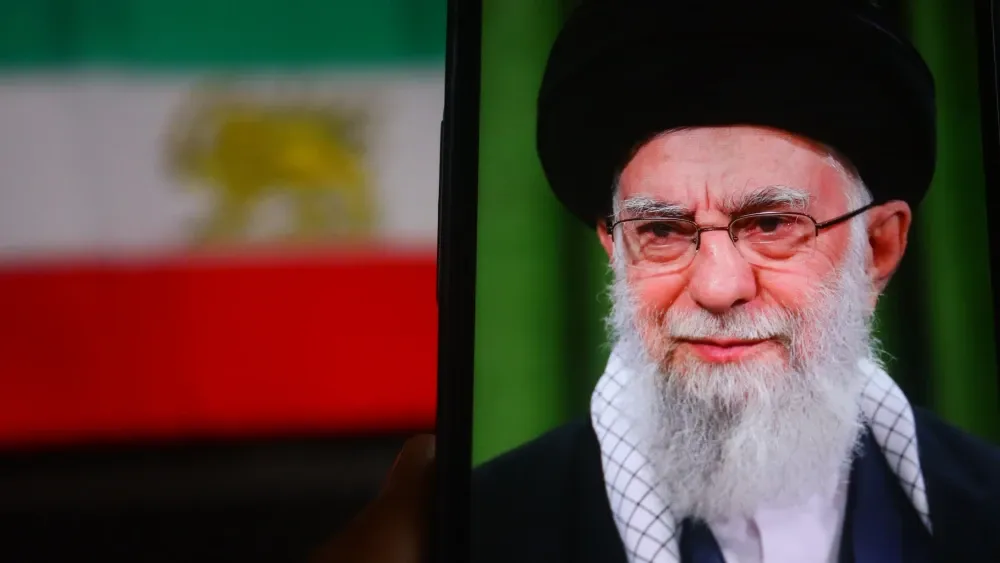 By: Saeid Golkar and Jason M. Brodsky Iran's Supreme Leader Ayatollah Ali Khamenei has vowed retaliation against Israel following its military operations. Speculation grows on whether Israel will escalate by targeting Khamenei himself, a move that could destabilize the Islamic Republic. Why it matters: Khamenei, the linchpin of Iran's regime, hasn't left the country since 1989, illustrating his significance and the potential impact of his removal. The big picture: Khamenei's entrenched power stems from patronage networks across Iran's military, political, and economic systems. His loss would be a severe blow to the regime. What's next: While Israel may hesitate due to international fallout, Khamenei's death could weaken Iran's repressive mechanisms and spark protests. To read the full article, click here. | | Israel and Iran: A War 40 Years in the Making 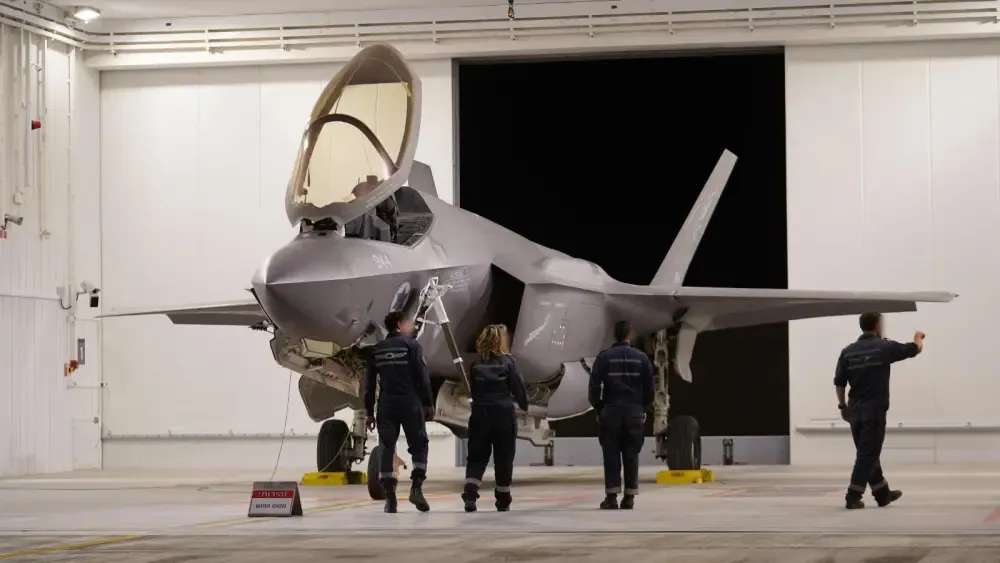 By: Jonathan Spyer Israel major strike on Iran's nuclear facilities marks the start of an open war. Over 200 Israeli jets targeted critical sites and key Iranian military leaders, aiming to dismantle Tehran's nuclear ambitions. Why it matters: This strike signifies the end of decades of proxy warfare, unleashing direct confrontation between Israel and Iran. The big picture: The Israeli strike, dubbed Operation "Rising Lion," definitively brings to a close a 40-year period in which Israel and the Islamic Republic of Iran were engaged in war by proxy and by means other than direct, conventional confrontation. -
The goal of the destruction of Israel was written on the banners of the Islamic revolution in 1979, and this objective has formed a key element in the effort at regional domination in which the regime in Tehran has been engaged throughout its existence. -
Israel seeks to capitalize on its strike by crippling Iran's nuclear and military capabilities. What's next: It appears that, with Iran and its allies temporarily weakened, Jerusalem has chosen to press forward its advantage, looking to severely and permanently weaken the regime in Tehran or, preferably, to bring about its fall. -
The result is that after four decades of feint and parry, stratagem and counter stratagem, the Jewish State of Israel and the Islamic Republic of Iran now stand four square against one another in open war. It's been a long time coming. Now it's here. To read the full article, click here. | | 'Dirty Bomb' Attack: This Could Be Iran's Next Move Against Israel 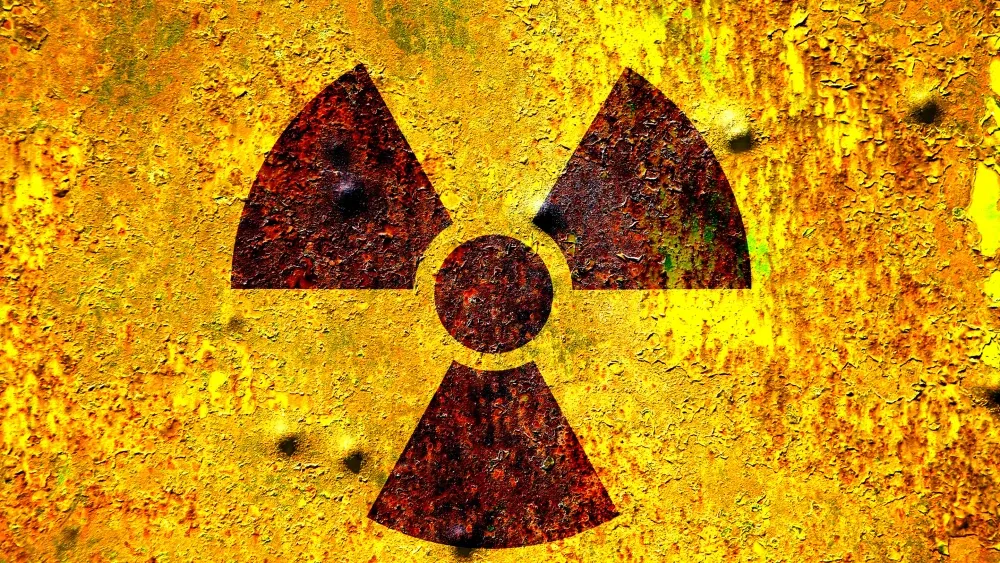 By: Michael Rubin Israel continues to intercept Iranian missiles, but a looming threat of "dirty bomb" attacks from Iran poses a new challenge. Supreme Leader Ali Khamenei, seeking revenge, may resort to spreading radiation over Israel and its allies. Why it matters: Despite Israel's precise strikes, the risk of nuclear terrorism remains, with Iran's arsenal threatening regional stability. The big picture: Iran holds a significant stockpile of enriched uranium, capable of causing destruction even without a nuclear explosion. What's next: Israel may consider targeting Khamenei to prevent further escalation, while the U.S. should leverage intelligence to deter Iranian actions. -
President Donald Trump should use his bully pulpit to make clear that any Iranian of any rank who participates in preparation of a dirty bomb will not only be killed, but their property will also be destroyed. -
If the U.S. intelligence community has penetrated sufficiently, it should even announce the names of those Iranians it is watching and to which it is speaking in order to deter their action. To read the full article, click here. | | Israel's Targeting of Police and Interior Ministry Show Real Goal Is Regime Change 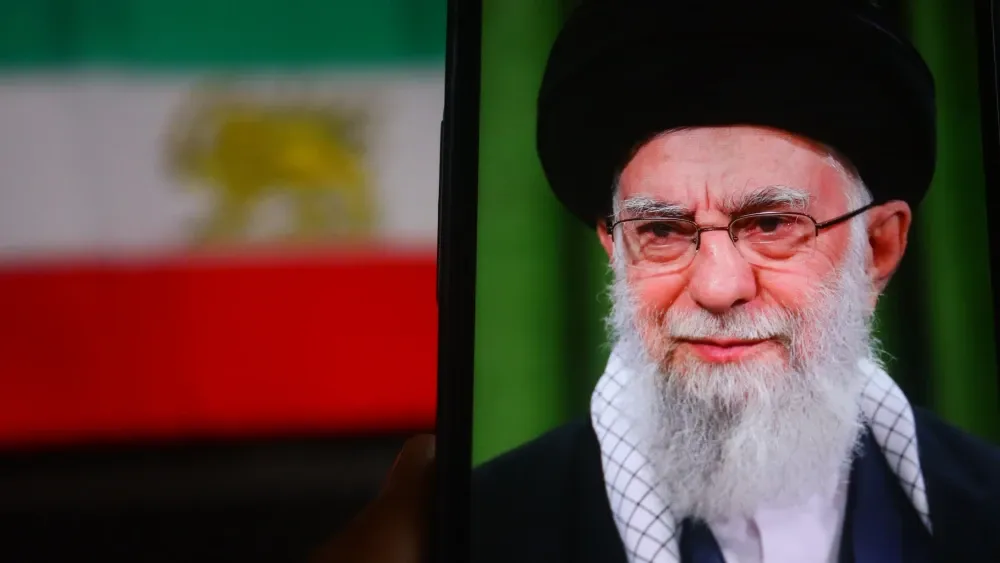 By: Shay Khatiri On June 15, Israel targeted Ahmad-Reza Radan, Tehran's police commander, alongside several senior intelligence officials. These strikes suggest a shift in Israel's goal from dismantling Iran's nuclear program to inciting regime change. Why it matters: Targeting law enforcement installations aims to weaken the regime's ability to suppress protests, encouraging unrest against the Islamic Republic. The big picture: Israel's attacks on police headquarters are designed to degrade government capabilities, posing no direct threat to Israel but empowering Iranian protests. What's next: The potential for regime change looms as suppression forces are diminished, possibly forcing Khamenei to surrender power. To read the full article, click here. | | We hope you enjoyed this special issue on Israel's war with Iran. Expect new issues of the Dispatch to land in your inbox daily while the war rages. If you found this useful to understanding the conflict, please forward this to a friend. And please use the comments section to let us know your opinion. Thank you, Winfield Myers
Managing Editor, Middle East Forum
Director, Campus Watch | | | | Was this edition useful?  

Your email will be recorded and shared with the sender |        MEF, an activist think tank, deals with the Middle East, Islamism, U.S. foreign policy, and related topics, urging bold measures to protect Americans and their allies. Pursuing its goals via intellectual and operational means, the Forum recurrently has policy ideas adopted by the U.S. government.
Copyright © 2024 Middle East Forum, All rights reserved.
Our mailing address is:
Middle East Forum
1650 Market Street, Suite 3600
Philadelphia, PA 19103 | | | | | Powered by 
| | This email was sent by Middle East Forum via Axios HQ | | | |
0 коммент.:
Отправить комментарий